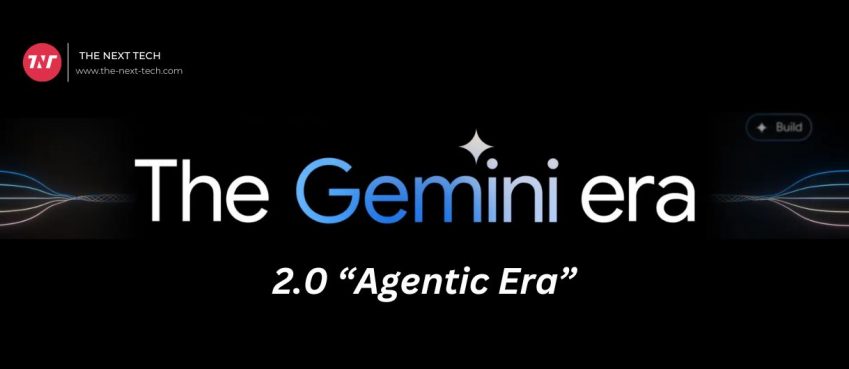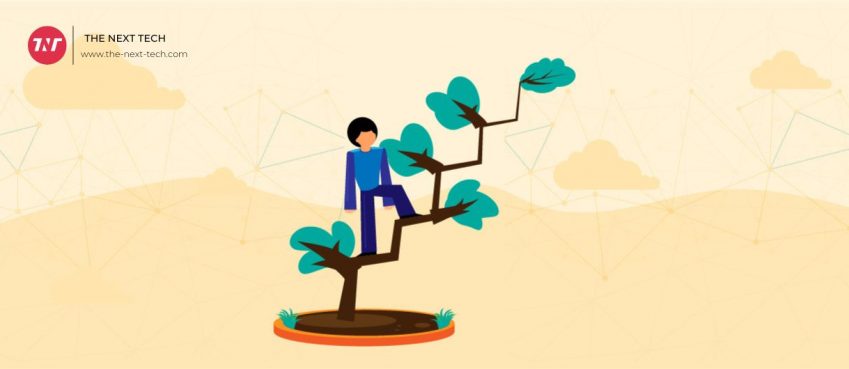
Data is certain to revolutionize healthcare in the same way it transformed other industries. But it will need help. Today, healthcare providers are collecting exabytes of patient data from hospitals, clinics, imaging and pathology labs, and more.
These data provide a wealth of information about human health but are difficult to understand due to their lack of structure and sheer volume.
Fortunately, sophisticated AI and machine learning solutions can carry the torch of innovation.
Machine learning has the potential to process large data sets far beyond human capabilities. This is the key benefit of machine learning in healthcare.
The raw, unstructured data is input and the clinical insights are output. This helps physicians plan and deliver better care at lower costs. Although machine learning has many benefits, it is not possible to predict the future. However, the process of creating complex algorithms can take time.
We expect medical professionals to reap the benefits of healthcare-based innovations in these areas within the next five to ten years.
Advanced image analysis:
The work of medical professionals is highly skilled and reflects the high value they add. Professionals still need to be able to perform repetitive tasks like image analysis. Radiologists spend time reviewing images from CT scans and MRIs, PET scans, mammography, and other radiology procedures.
AI-assisted imaging solutions are using the technology’s advanced pattern-recognition capabilities to highlight image features, identify early predictors of cancer, prioritize cases, and cut down on the volume of labor required to perform accurate diagnoses.
AI will continue to process more data sets and AI will inevitably surpass the human ability to detect signs of disease early.
Also read: Costco Gas Hours: Know Everything Including Holidays, Saturdays, & Sundays In 2024
1. Disease detection
Healthcare imaging is expensive and can only be used to confirm a diagnosis. While it is an effective solution, AI promises to replace this.
By conducting an in-depth analysis of huge amounts of historical data, Artificial intelligence can predict the possibility of sickness or disease at incredibly early stages.
AI can determine whether a patient will develop heart disease by looking at the entire patient population. This is in addition to their medical history.
2. Drug discovery
It is crucial to develop and produce effective vaccines and drugs to fight a new disease. We have all experienced this first-hand.
This process was costly and time-consuming in the past. In some cases, it took more than a decade. The ability of Artificial intelligence to cross-reference drugs that are known to be safe and effective and replicate parts of their formulas to suggest new iterations could be groundbreaking, potentially saving countless lives and helping to prevent the next global pandemic.
Also read: How To Access Flags In Chrome + 5 Best Chrome Flags Settings
3. Digital consultation
While the pandemic has undoubtedly sparked innovation in the telehealth sector, there is still much to be done to make virtual visits as efficient as physical visits to the doctor’s offices.
AI has many ways to close this gap. For example, machine learning and natural language processing (NLP) will allow for the collection of symptoms using only a patient’s voice. AI, when combined with analysis of patient’s electronic medical records, can help doctors identify potential health issues that they should review.
AI processes information in advance, which increases the number of patients doctors can manage, improves the effectiveness of virtual visits, and reduces the risk of infection from interactions with physicals.
At Sharp, our goal is to usher in the exciting future of healthcare innovation by supporting firms in their AI initiatives. We help organizations build and train Artificial intelligence and NLP models by licensing the use of more than 10 million medical data sets consisting of images, electronic health record data, and even physician speech.
We guarantee high-quality results by using data that is completely free of protected health information, annotated accurately, and sourced in more than 60 different geographies.
We also have a deep understanding of Artificial intelligence from the ground up, which means we can lend our experience in selecting unbiased cohorts, healthcare data annotation, and the demands of semi-supervised learning to ensure our clients’ success.
For more information on the solutions Shaip can help put in place, please reach out and request a demo today.
Top 10 News
-
01
10 Exciting iPhone 16 Features You Can Try Right Now
Tuesday November 19, 2024
-
02
10 Best Anatomy Apps For Physiologist Beginners
Tuesday November 12, 2024
-
03
Top 10 Websites And Apps Like Thumbtack
Tuesday November 5, 2024
-
04
Top 10 Sites Like Omegle That Offer Random Video Chat
Monday October 21, 2024
-
05
Entrepreneurial Ideas To Make 5K In A Month (10 Realistic Wa...
Monday October 7, 2024
-
06
[10 Best] Cash Advance Apps Like Moneylion And Dave (No Cred...
Friday September 20, 2024
-
07
Top 10 Richest Person In The World
Tuesday August 27, 2024
-
08
Top 10 Unicorn Startups In The World (2024-25)
Monday August 26, 2024
-
09
Top 10 IT Companies In The World By Market Cap
Thursday August 22, 2024
-
10
[10 New] Best OnionPlay Alternatives To Stream TV Shows And ...
Tuesday June 11, 2024







